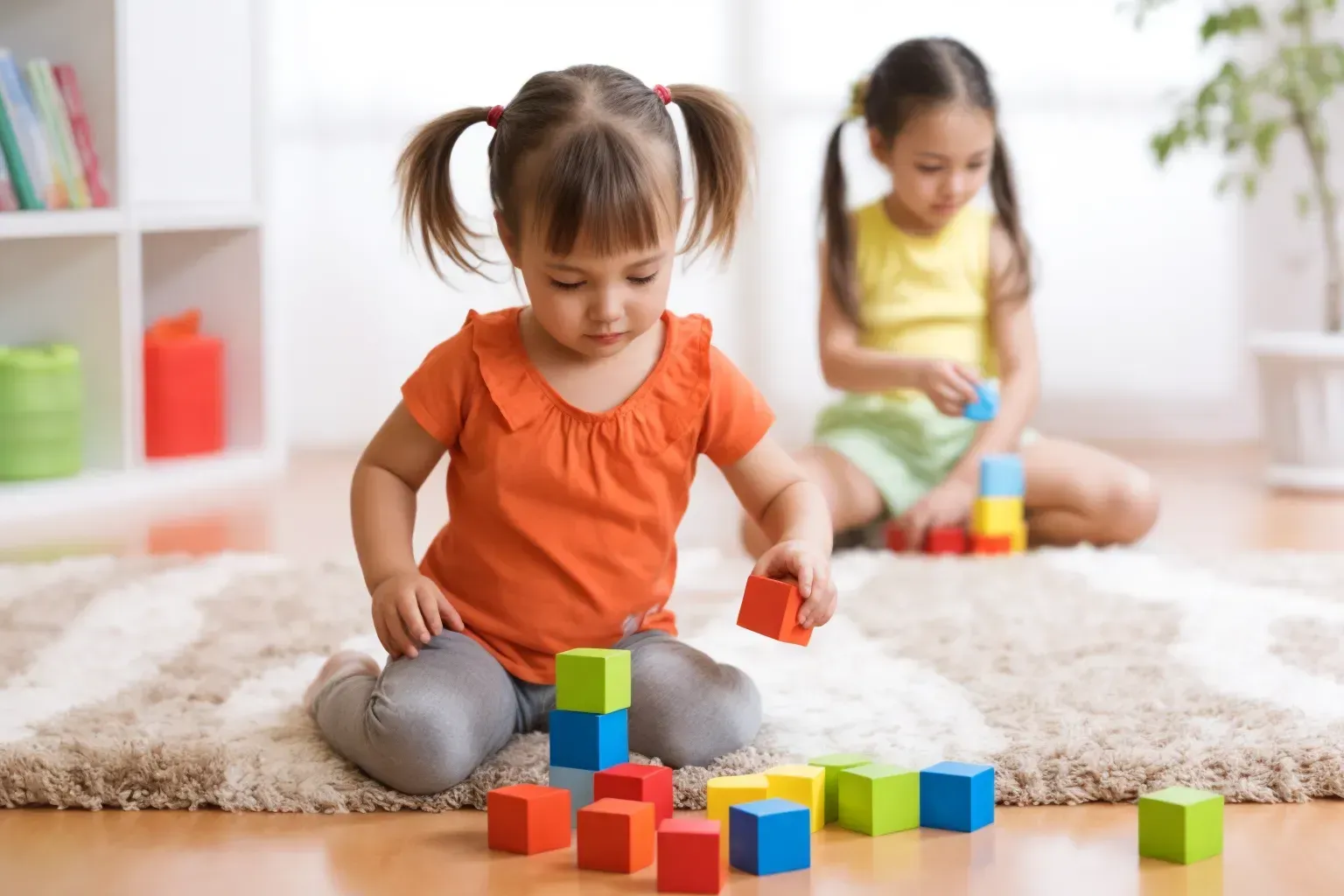Explore Our Blog
Parenting & Child Development – Part 12: The Role of Play in Mental and Emotional Development
Advance Minds Blog
A safe space to explore subjects within the community such as mental health, substance abuse and personal identity.
Our safe space also provides the opportunity for real individuals to express their hardships and success through writing.
Play isn’t just a break from learning—it is learning. It’s also a powerful tool for emotional growth and resilience.

Why Play Matters More Than You Think
Play is how children process the world around them.
🎨It allows them to explore emotions, build relationships, and solve problems in a low-stress, imaginative way.
Through play, children learn:
- Emotional regulation
- Empathy and perspective-taking
- Conflict resolution
- Confidence and independence
It’s not “just fun”—it’s foundational.
🧠 The Brain on Play
When children play, their brains light up with activity.
Play strengthens neural connections involved in decision-making, creativity, and emotional processing.
- Pretend play builds cognitive flexibility
- Physical play supports stress regulation
- Cooperative play fosters social understanding
Play shapes the emotional architecture of the developing brain.
🏗️ Types of Play That Support Growth
Different kinds of play serve different developmental purposes.
- Unstructured play (free time, imagination): Builds creativity and autonomy
- Parallel play (side-by-side): Helps young kids learn to be around others
- Social play (games, team activities): Encourages teamwork and empathy
- Expressive play (art, music): Helps children release emotions safely
The key isn’t what they play—it’s that they’re free to explore, imagine, and connect.
💬 Emotional Expression Through Play
Children often express feelings they can’t yet put into words through play.
Watch for:
- Recurring themes in pretend games
- “Acting out” fears, family dynamics, or worries
- Sudden mood shifts during or after play
These moments give parents a window into their child’s inner world.
👨👩👧👦 How Parents Can Support Play
You don’t have to play all day—but your presence matters.
- Allow time and space for play (especially unstructured)
- Let your child lead the game
- Join in without correcting or directing
- Resist the urge to make it “educational”
Your attention and approval create safety and trust in their exploration.
🧸 Play as a Tool in Therapy
Play therapy is widely used to help children manage trauma, anxiety, grief, and behavior challenges.
- Toys and games become tools for communication
- Therapists help children process emotions at their own pace
- Sessions feel safe and non-threatening
When words aren’t enough, play becomes the language of healing.
🌿 Final Thoughts 💞🌈
Play is where emotions grow, resilience builds, and children learn who they are.
It’s not a luxury—it’s a need.
When we value play, we honor childhood.
We also give kids the space to grow into emotionally healthy adults who can imagine, adapt, and connect—with themselves and others.

















